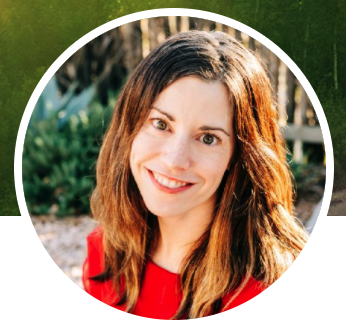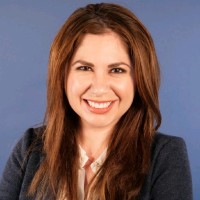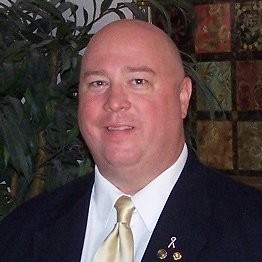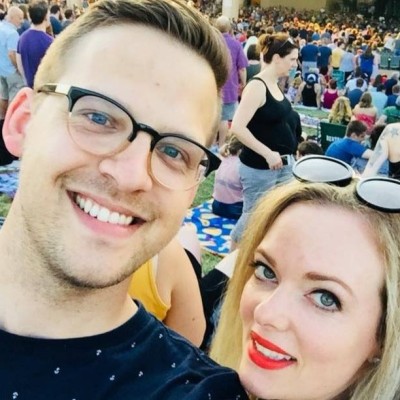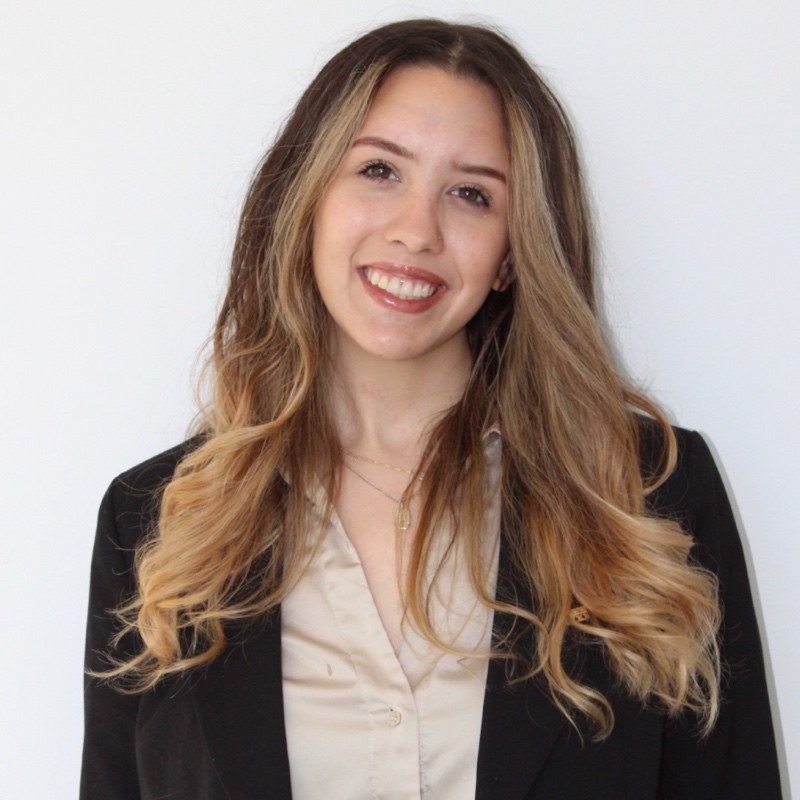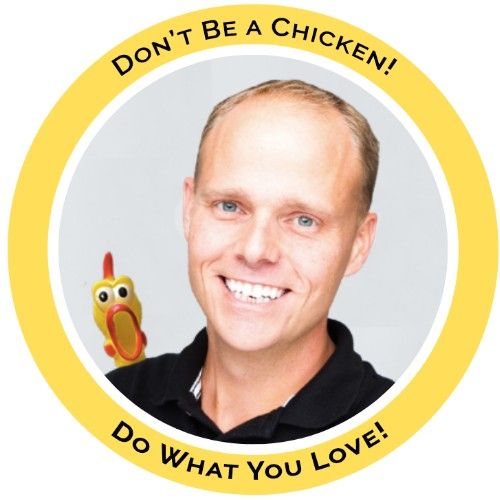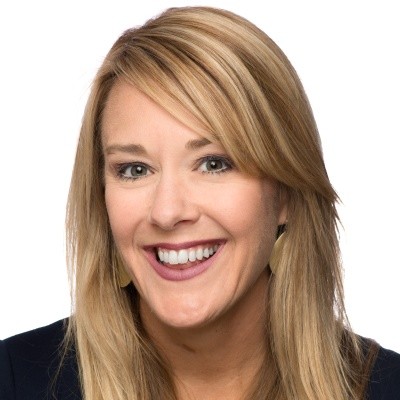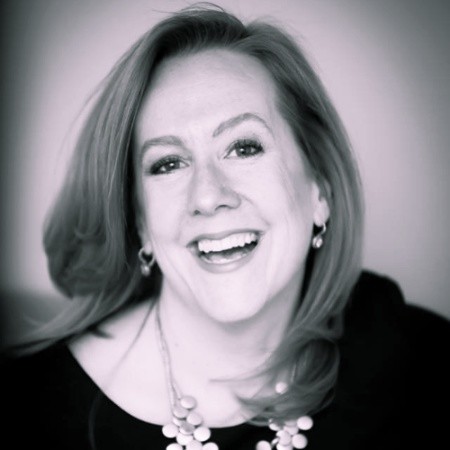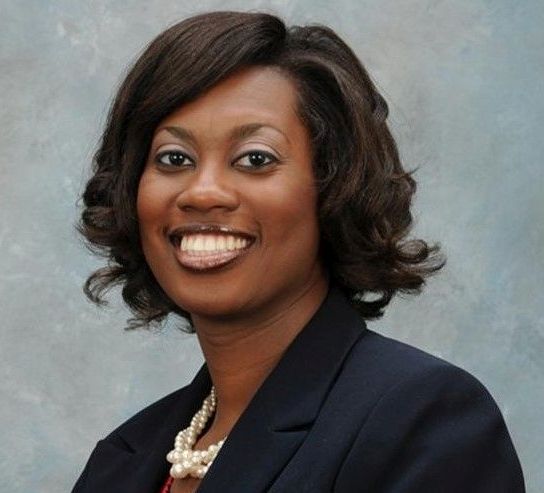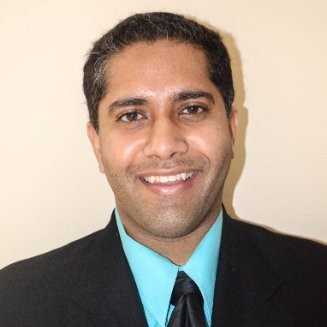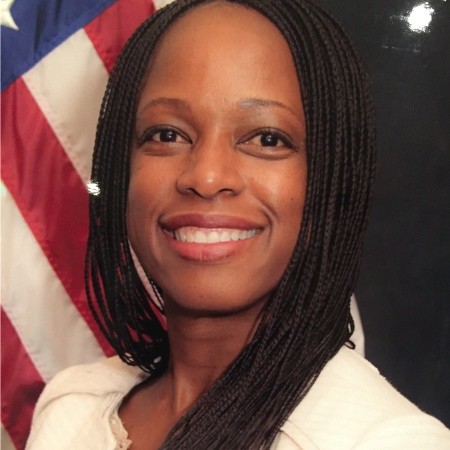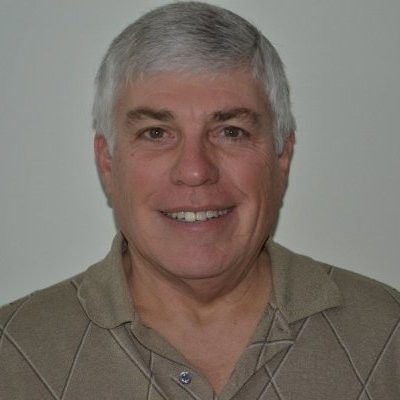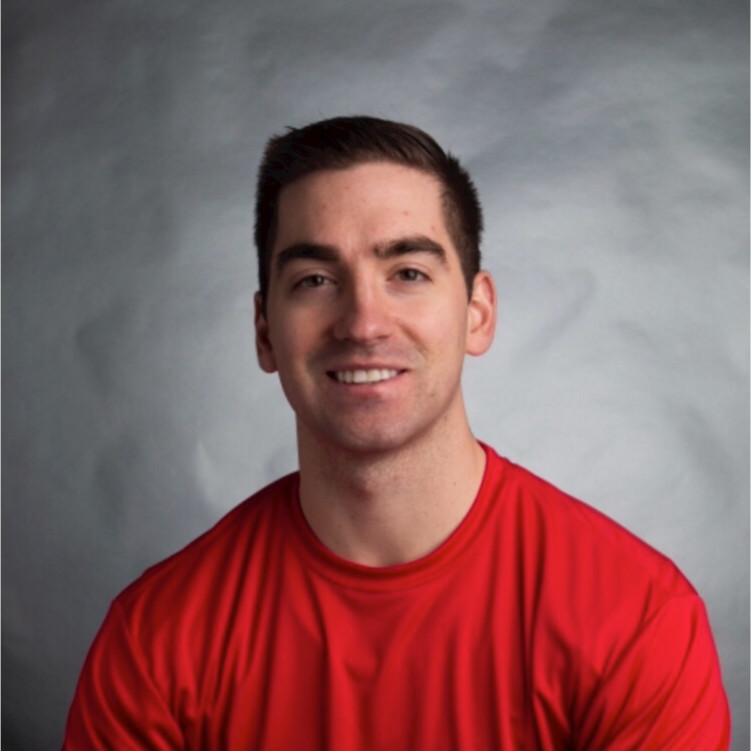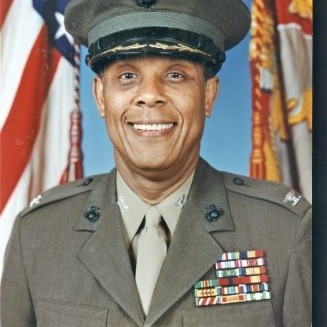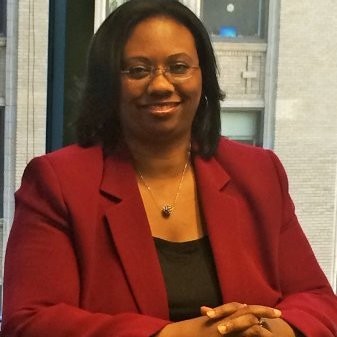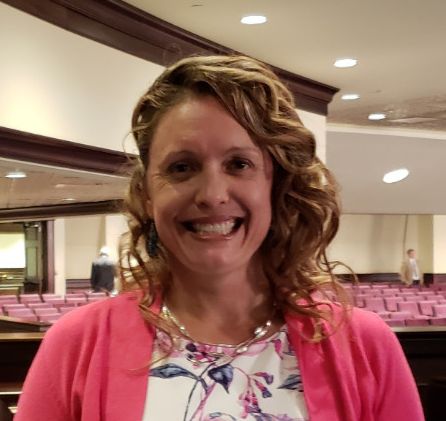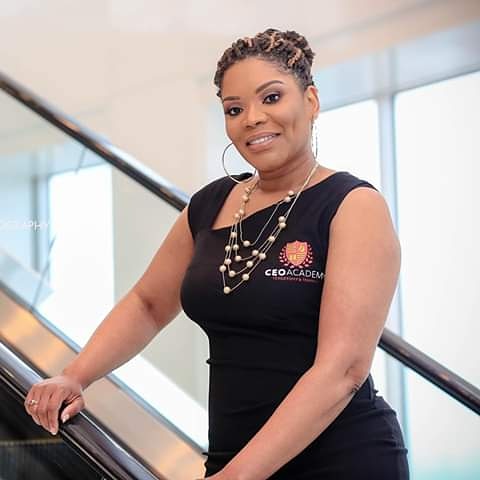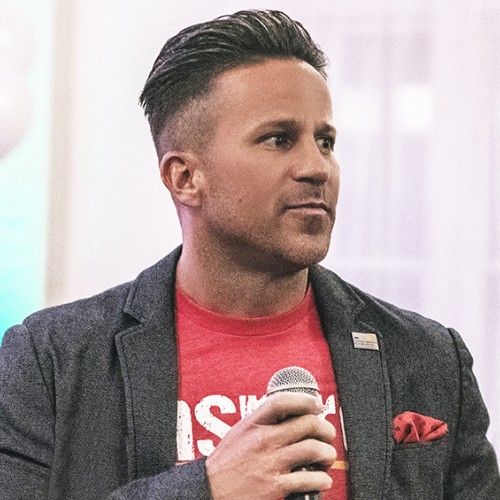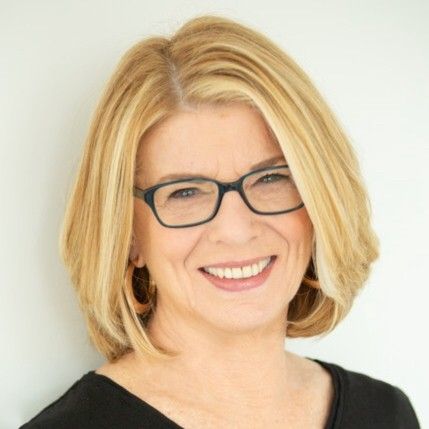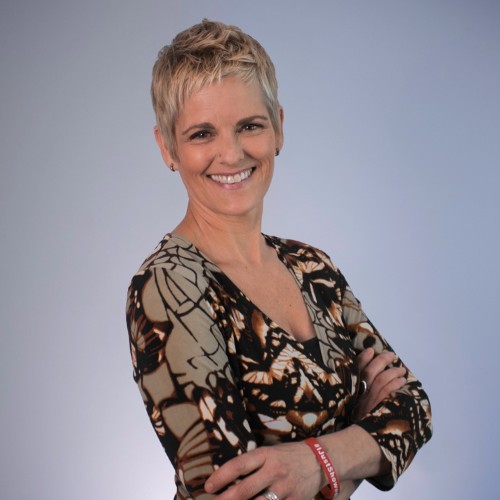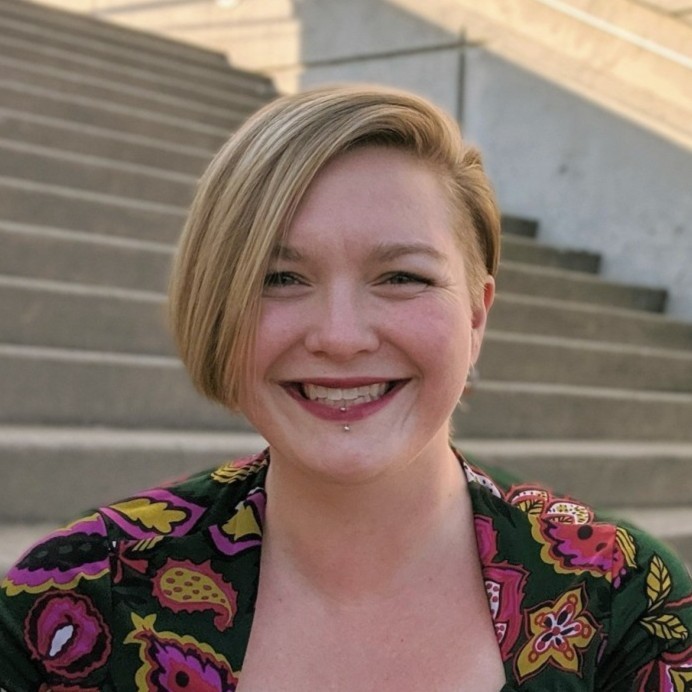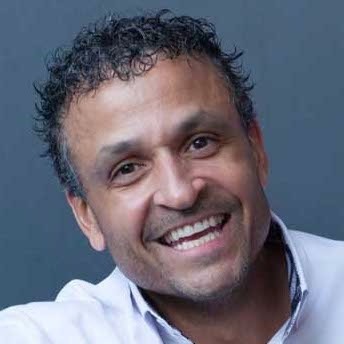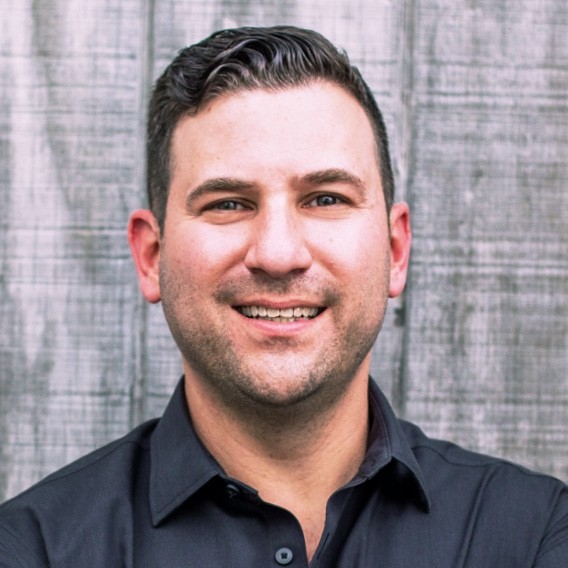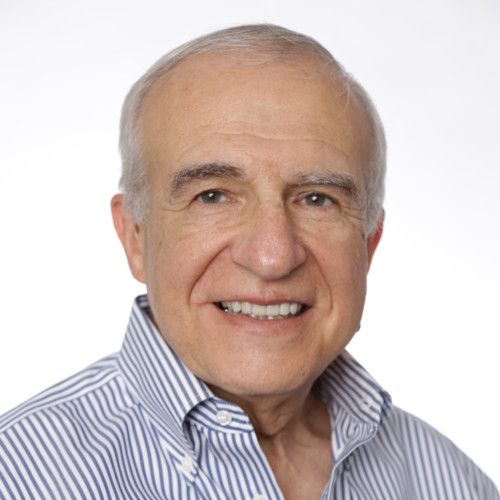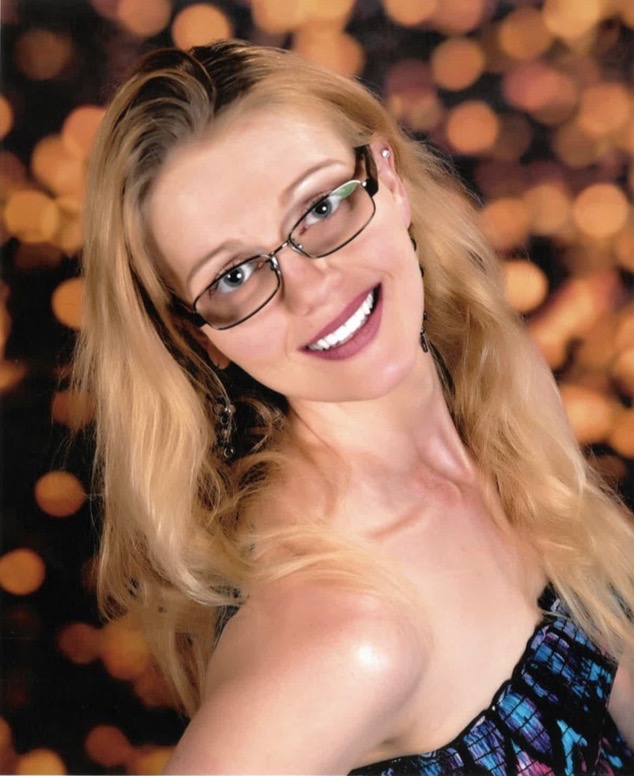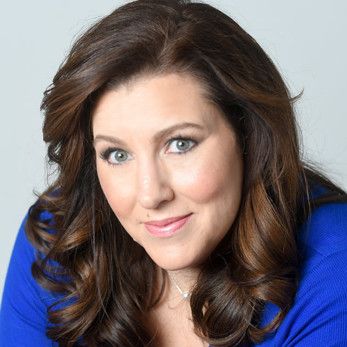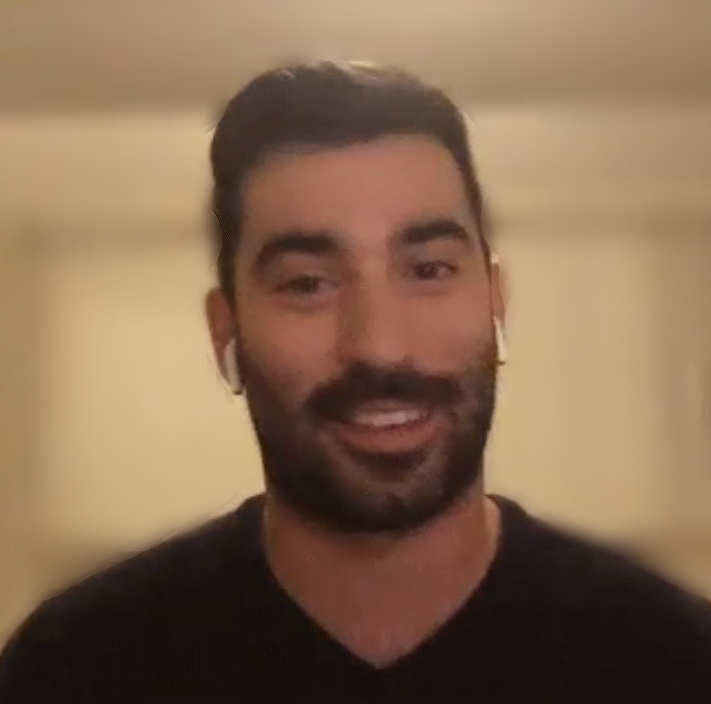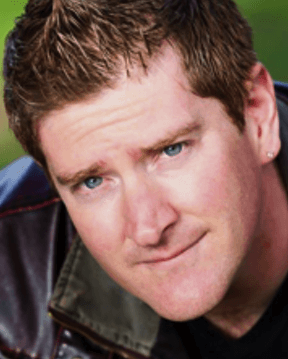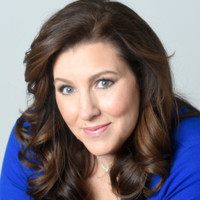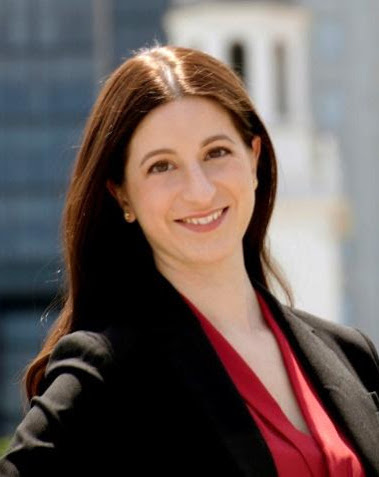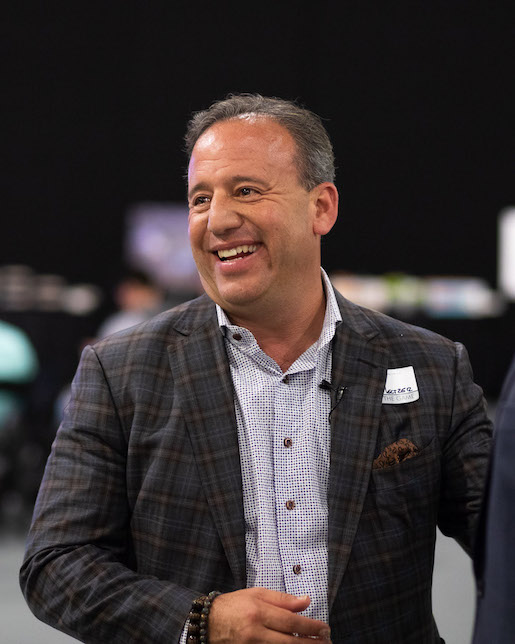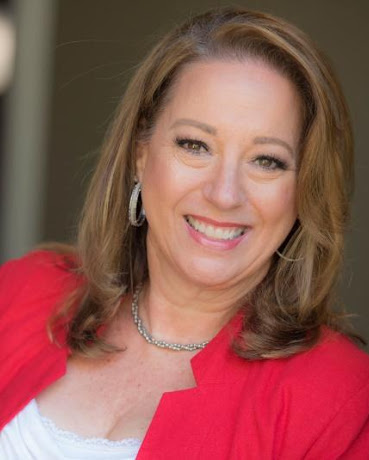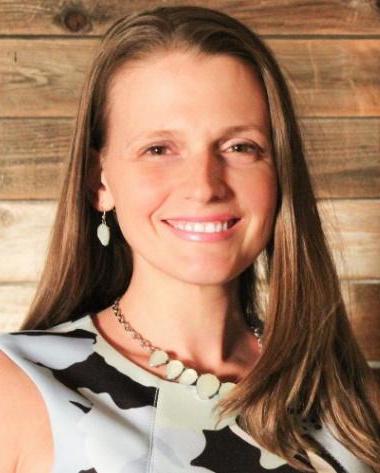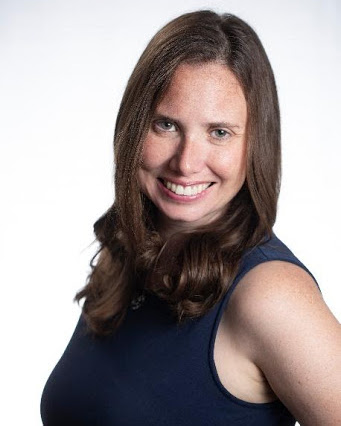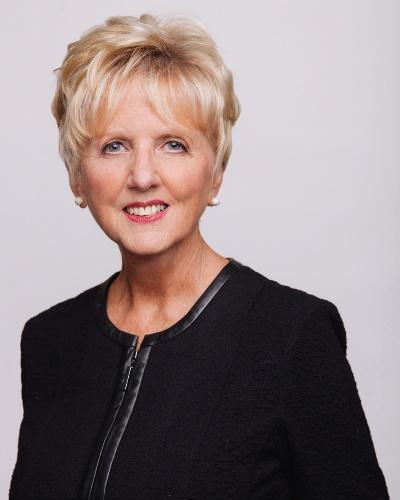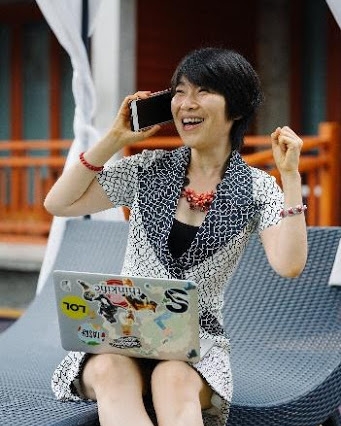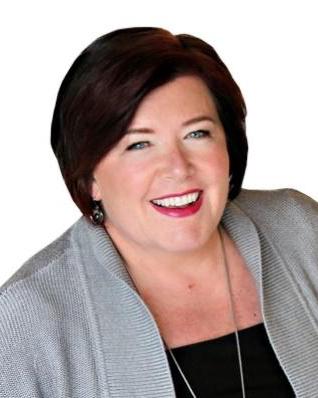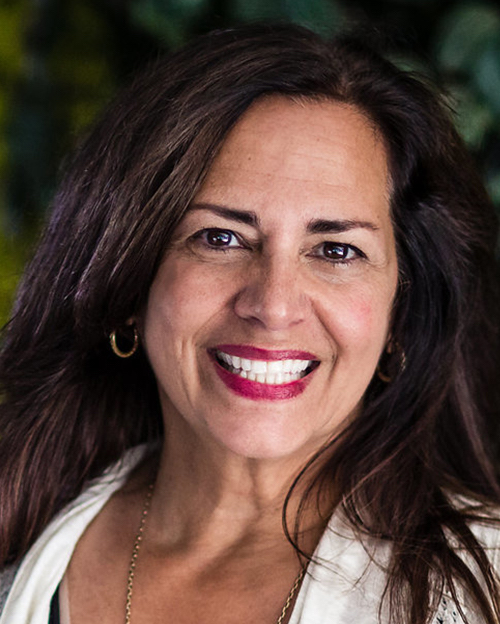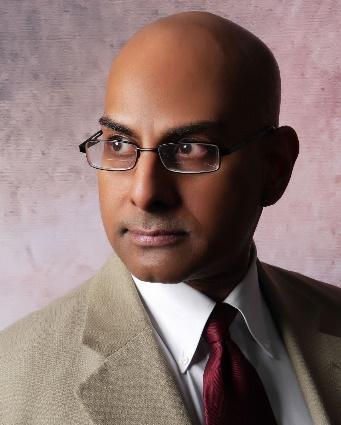In my executive peer mentoring, the latest area we’ve addressed is looking at a major goal in our lives – first, one where we failed to reach the goal; second, where we did.
In both cases, what were obstacles we faced that hindered, derailed, or threatened to keep us from reaching the goal? A great exercise, thanks to the Ambition in Motion team.
Without sharing either story at length (which might interest you, or bore you to tears), two things, in particular, stood out to me:
When is a goal, not a goal?
What are critical success factors, to overcoming obstacles in your path toward the goal?
To flesh this out -
When a goal isn’t really a goal
In the goal where I failed, I realized that I saw it evolve. First, I had the sense that I wanted to do something – that is, write a new book. I had that as a goal in my head, for the better part of a year. Then, I moved the goal into writing – I had set the goal for a specific year, to “write a new book”. I even had a couple of strategies I’d seen presented and used, and thought about the various steps: develop vision and abstract, outline, key themes, and write the introduction.
But it remained unfulfilled because I went month after month without being more specific and intentional. What were the obstacles?
Life: Workload, personal commitments, family, volunteer activity
Me: It became apparent that this just wasn’t a priority for me.
So, a goal is not a goal when I don’t get underneath it, behind it, and intentional about it, and devote time and energy toward it.
Sounds simple – as so many things in life are!
Critical success factors to overcoming obstacles
In both examples where I failed, and when I succeeded in reaching the goal – I reflected on obstacles that were in the way. To get us to a goal that is really a goal, we need to:
Make it a SMART goal (you’ve almost certainly heard this, but it’s no less true):
- Specific - concise
- Measurable – will know when it’s complete
- Achievable – something I can control, vs. solving world hunger
- Realistic – something I am equipped for
- Time-based – target date, deadline, milestones.
Make it a priority
I tend to be goal and list-focused. If it’s on a list, it gets done. If it’s on a list as an “A” priority, it really will get done (Bs get moved out and done later, sometimes when they upgrade to As. Cs tend to get pushed out and done much later if ever). So, what do I relegate to the B or C list, to make room for the A goal?
Allocate time to it
Plan time in blocks, or chunks, devoted to it. Push off other attempts to encroach on the time that’s been allocated for working on it.
Keep your motivation for it
We build and maintain momentum, from the motivation that comes from within us. Without that, the other steps I’ve outlined, simply won’t happen. My mentor also observed that we can build the motivation for developing a new habit, by “doing” the habit! Practice yields behavior.
So if you’re a bit stymied in getting to something you’ve set for yourself as a goal – consider the above. Is it really a goal for you? Or an idea that you heard or had, or an “external” goal that someone else has for you? If it’s real, reframe it as a SMART goal, and examine your priorities and time.
Happy “goal-tending”…
